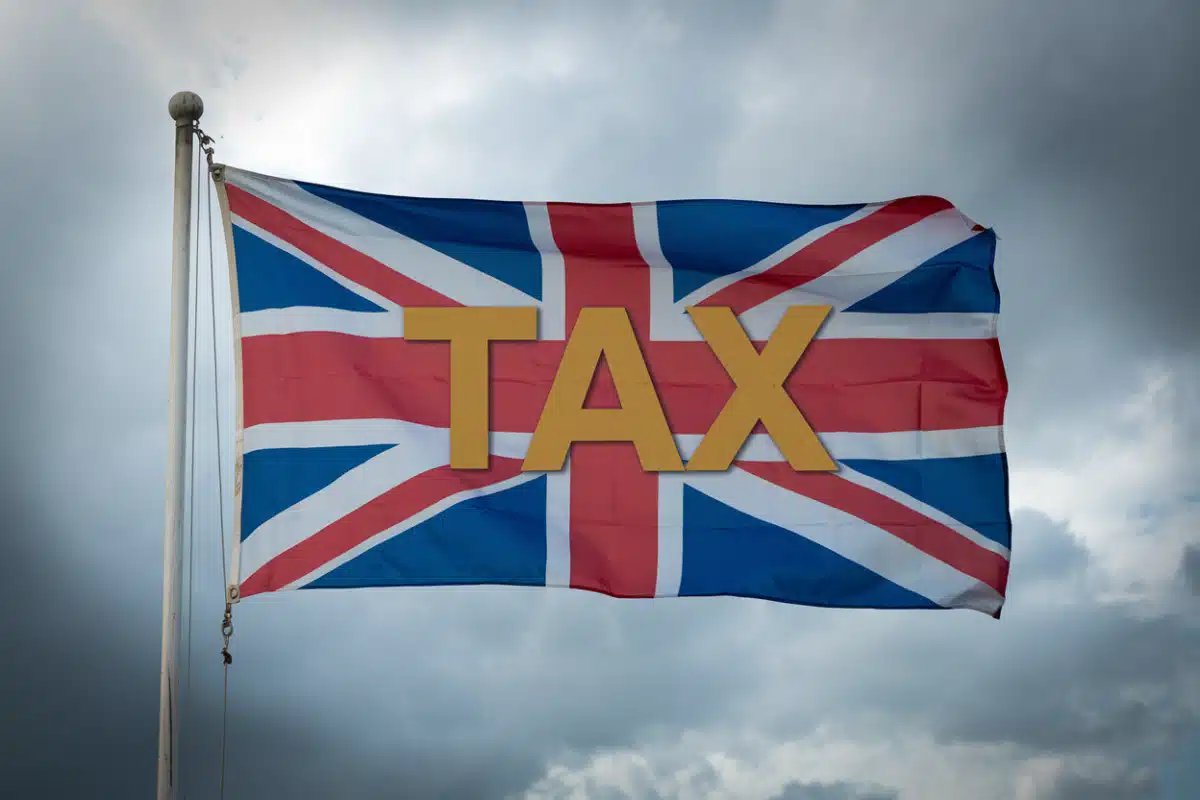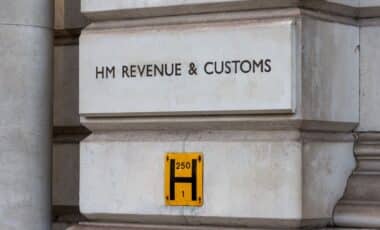The council is at a breaking point in its financial difficulties, which are caused by inherited debts and growing expenses. The tax increase might create a worrying precedent for other local governments facing comparable financial strains if it is approved.
Tax : The Raising Burden Prompts Call for Government Intervention
The Royal Borough of Windsor and Maidenhead faces debts totalling £230 million, costing over £18 million annually in repayments. Lynne Jones, the council’s deputy leader, attributed the financial crisis to past administrations, which kept taxes lower than neighbouring areas. This practice, she claims, created an unsustainable financial landscape.
“Previous administrations cut council tax when every other council was either freezing it or putting on small amounts. We have inherited a financial situation that is just not viable for the council.” she added.
Currently, the borough’s Band H council tax rate stands at £3,343, one of the lowest in the region. Under the new proposal, households in this band could see an increase of £836 annually by 2025. Average Band D properties would also face significant rises, with estimated annual costs climbing by £320.

The Liberal Democrat-led council argues the increase is necessary to avoid issuing a Section 114 notice, effectively declaring bankruptcy. In addition to the proposed hike, the council has sought a £60 million bailout from the government to stabilize its finances.
Fears of a Ripple Effect on Taxpayers Nationwide
Many people are worried about the proposed tax increase, and some have warned that it would encourage other towns to pursue similar policies. The TaxPayers’ Alliance CEO, John O’Connell, called the hike “unprecedented” and a possible “nightmare” for locals who are already struggling with growing living expenses.
Windsor Castle, funded through the Sovereign Grant, would also be affected by the increase. The landmark property falls into Band H, meaning it would incur the same £836 annual rise if the proposal gains approval.
The case raises issues regarding the financial viability of local governance in England that transcend beyond local effects. There have been recent serious financial issues in a number of councils, including Birmingham and Croydon, raising concerns of a domino effect. Observers think that further councils might experience similar grave circumstances in the absence of structural reform.
The Royal Borough’s financial predicament underscores the challenges faced by local authorities balancing rising costs and limited resources. As ministers deliberate on the tax hike and bailout request, the decision may well set a precedent for the future of council funding in the UK.









